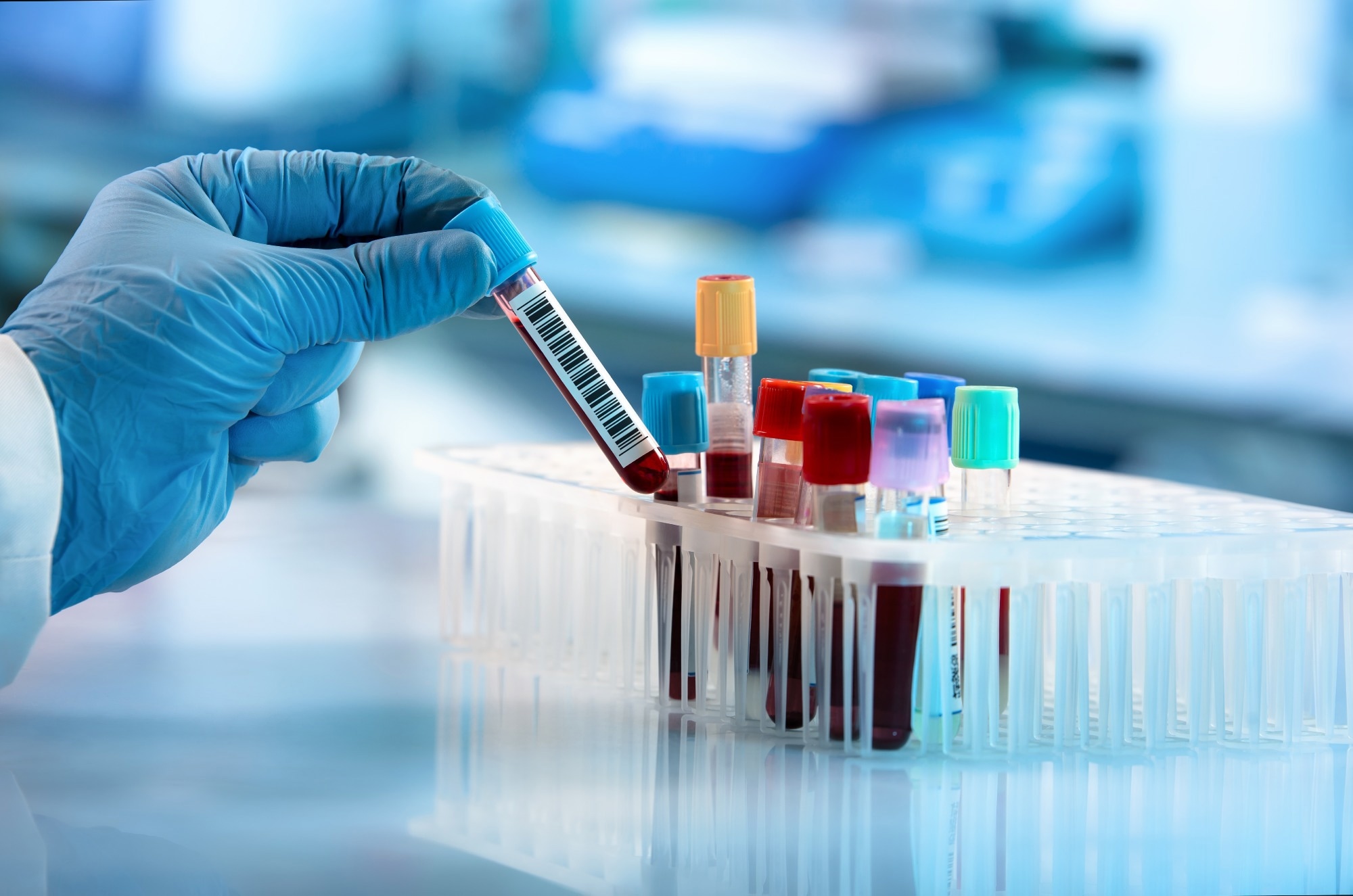Introduction
Diagnostic criteria
Medical history
Physical exam
Laboratory tests
Psychological evaluation
Other diagnostic tests
Handling the diagnosis
References
Further reading
When an individual presents with signs of symptoms of anorexia, there are several tests and exams that can be used to make a diagnosis and differentiate the condition from other medical causes.
 Image Credit: ESB Professional/Shutterstock
Image Credit: ESB Professional/Shutterstock
Diagnostic criteria
The Diagnostic and Statistical Manual of Mental Disorders (DSM-5) by the American Psychiatric Association provides the following diagnostic criteria for anorexia:
- Restriction of energy intake leads to being significantly underweight in respect to the age, sex, developmental trajectory, and physical health of the individual.
- The overwhelming fear of gaining weight despite low body weight.
- Denial of the severity of having a low body weight, disturbing view of body image, or undue connection between body shape and self-evaluation.
Medical history
Initially, the patient will usually have a consultation with a medical professional to discuss the symptoms, lifestyle habits, and medical history of the patient.
In particular, it is important to talk about the patient’s body image and how they perceive their body weight and changes. People with anorexia usually feel unhappy with how their body looks and feel that they are too heavy, despite being underweight.
The diet and physical activity levels of the individual should also be discussed, as well as any problematic behaviors such as strict dieting or induced vomiting after binge-eating sessions.
Additionally, as anorexia nervosa can run in families, it is useful to ask about a family history of eating disorders and other related conditions.
 Image Credit: angellodeco/Shutterstock
Image Credit: angellodeco/Shutterstock
Physical exam
The primary presenting symptoms associated with anorexia nervosa are severe and excessive weight loss. Therefore, measuring the height and weight of the individual is one of the first components of the physical exam.
As a general rule, the weight of an individual with anorexia nervosa is less than 85% of what is considered average when normalized for their age, height, and gender. BMI can also be a useful tool, and most adults with anorexia have a BMI less than 17.5, although some concerns may arise with a BMI less than 20. This index is not designed for children and adolescents less than 18 years old; however, other charts are required for younger individuals.
The physical exam should also check vital signs and evidence of symptoms and complications that are associated with the condition. Heart rate, blood pressure, and temperature should all be assessed for abnormalities.
Additionally, the hair, skin, and nails can undergo changes in individuals with anorexia and can provide information about the severity of the condition or involvement of other conditions.

 Read Next: Anorexia Nervosa Treatment
Read Next: Anorexia Nervosa Treatment
Laboratory tests
Urine and blood tests can be useful to identify other underlying causes of severe weight loss or significant complications of anorexia.
A complete blood count (CBC) and other blood tests can be used to check the balance of electrolytes and protein in the blood. The liver, kidney, and thyroid function can also be determined from these tests.
Psychological evaluation
Anorexia nervosa is closely associated with psychological issues and disorders. Therefore, a patient presenting with symptoms of the condition warrants a psychological evaluation to ensure they are able to receive the best medical care.
This may include the completion of questionnaires to assess the mental state, in addition to a patient-practitioner discussion about related emotions, thought patterns, and behaviors.
Anorexia nervosa | NHS
Other diagnostic tests
Other tests that may be used to confirm the diagnosis of anorexia nervosa and investigate possible complications may include:
- X-ray imaging to screen for reduced bone density
- Imaging scans to view changes to the heart or lungs
- Electrocardiograms to observe the function of the heart
Handling the diagnosis
Many patients with anorexia nervosa initially deny symptoms of the condition and may try to hide the signs from concerned family or friends by wearing loose-fitting clothes and lying about their diet.
Patients must have access to a strong support network that can help them through the diagnostic process and allow them to begin managing their condition in a safe environment.
References
Further Reading
Last Updated: Feb 20, 2023